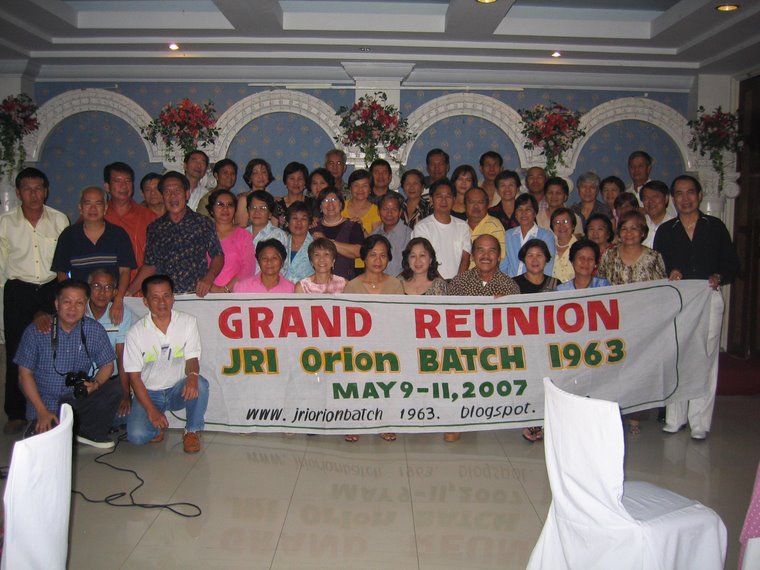Divorce in the Philippines,
By Jesus V. Quitain, Sun Star Davao, Monday, November 12,2007
ARTICLE 36 of the Family Code states "xx a marriage contracted by any party who at the time of the celebration, was psychologically incapacitated to comply with the essential marital obligations of marriage, shall likewise be void even if such incapacity becomes manifests only after its solemnization xx."
The legal term for this is "Judicial declaration of nullity of marriage." Article 36 is emphatic that the marriage where one of the spouses is psychological incapacitated is void. Normally, if a contract is void, there's nothing else to do because it is the law itself that said it is void. Therefore, since the marriage is void, because the law (Article 36) says so, that's the end of it.
However, Article 36 is not self-executing. Supposed Juan and Ana were married in 1989. Their marriage was registered in Davao City's Civil Registrar's Office. From 1989 onward, their civil status was changed from single to married. The records of their house, lot, bank deposits, savings, cars, investments, GSIS, SSS, licenses, will state regarding their civil status that they are married. The civil status of being "married" can be changed to "single by the Civil Registrar's, LTO, banks, GSIS, SSS Register of Deeds only if there is a court order. Without the court order, all records will show Juan and Ana as married to each other even if Juan is "xx psychologically incapacitated xx" and the marriage is "xx void xx." Thus, there is a need of a judicial declaration of nullity of marriage due to psychological incapacity. Article 36 is based on Canon 1095 of the Canon Law of the Catholic Church.
On Oct. 14 and 28, 1983, the Family Code Committee invited an expert on Canon Law, Jesuit Fr. Gerald Healy of the Ateneo de Manila University, to enlighten the committee about this. The premise is that while indeed both freely gave their consent when they got married in 1989, Ana did not know then of the psychological incapacity of Juan. If Ana knew in 1989 about Juan's psychological incapacity, she would not have married him. In this sense, "Ana's consent was defective hence the marriage is void. Second, Juan's psychological incapacity existed before the marriage because Juan did not tell Ana about it. Juan and Ana learned about their marital obligations/ duties during the precana/family planning seminars. Juan knew of his psychological incapacity and knew he could not fulfill his duties as a husband. One cannot offer in a contract something one does not possess and that which is lacking can only be seen in the actual relationship itself, (meaning only after the marriage is solemnized) not before.
The marriage contract is void because of the incapacity of Juan to give effect to the promises made, an incapacity that existed before the marriage.
(So batchmates, were you psychologically sound when you entered into your marriage contract? What promises that you or your partner made before marriage have you not kept? What spousal expectations have not been fulfilled? What do you think of this law?)
How indirect divorce became a law: (Next Posting



















No comments:
Post a Comment